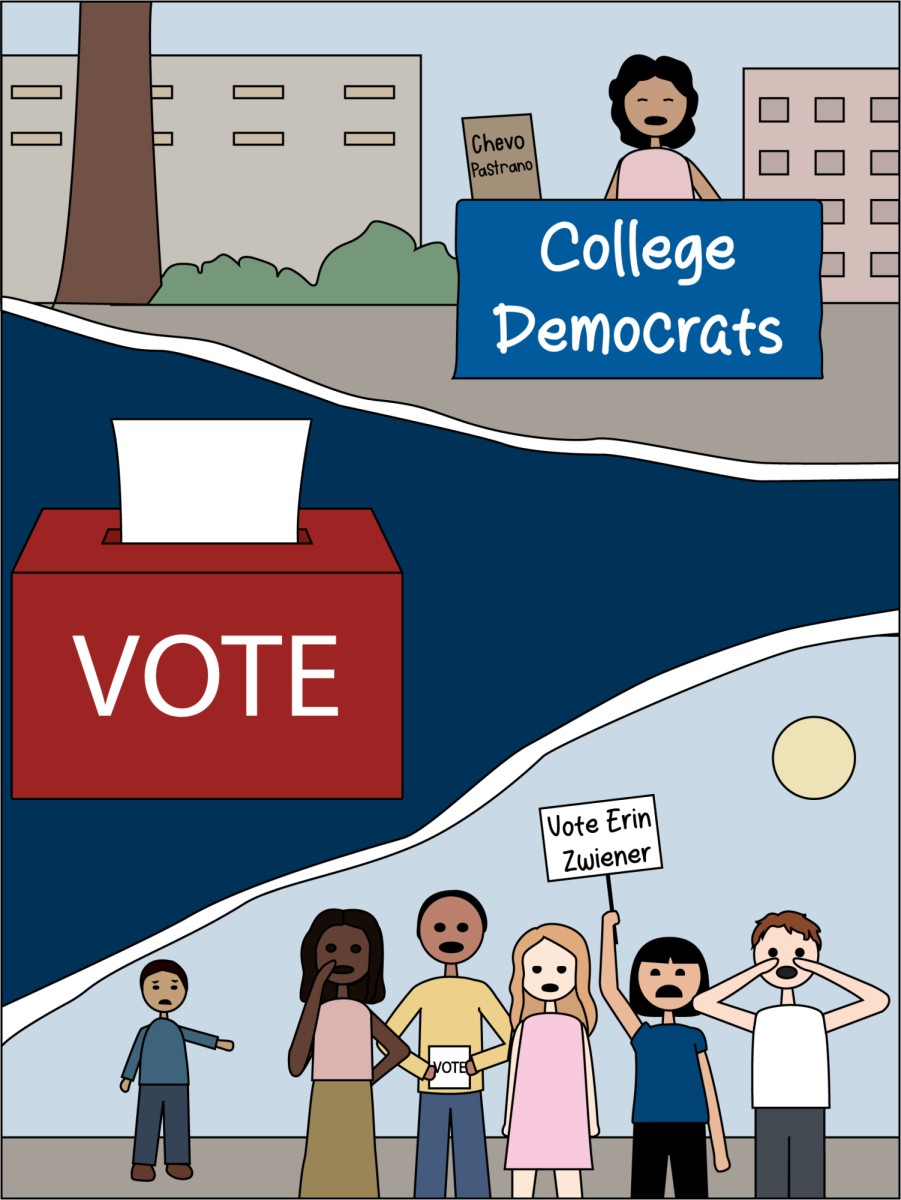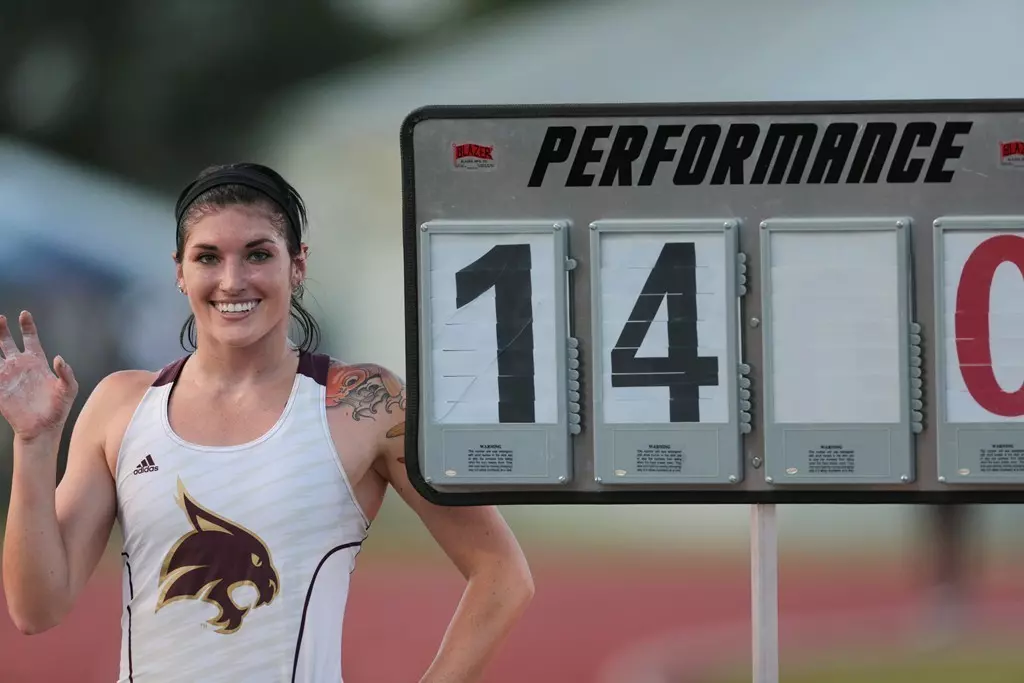With the Hays County primary election ending on March 5, political student organizations at Texas State have been compelled to participate in certain democratic processes. Student organizations participate in these processes by enticing voter registration with slices of pizza or hosting a march to polling stations.
An activity more directly associated with the primary election is endorsement voting, an event in which clubs invite candidates to speak, answer questions and receive an endorsement for their candidacy.
Organization-level endorsement voting provides students the chance to engage with and hold political candidates accountable directly. Still, it is the responsibility of student leadership within the organizations to ensure voting is conducted transparently, fairly and without personal bias.
The College Democrats at Texas State (College Dems) recently held their own endorsement vote for the Democratic primaries, hosting candidates from all over the county to participate in this democratic process.
This year, the College Dems hosted a series of meetings dedicated to endorsement speeches before the official vote. At these meetings, each candidate gave a speech and answered no more than two to three questions. For most candidates, this was a simple process. In the case of Chevo Pastrano, a candidate for the seat in Texas State House District 45, it did not go as expected.
After Pastrano delivered what an audience member said was a “textbook” endorsement speech, Jacob Graybill, College Dems president and moderator for the event, asked a question relating to the incumbent and Pastrano’s opponent, Erin Zwiener.
Pastrano answered and when Graybill had a follow-up, a College Dems’ faculty adviser decided to step in, making it clear she suspected bias in Graybill’s questioning. Graybill then decided against a follow-up and directed questions back to the audience.
As soon as the microphone returned to Pastrano, he took it as an opportunity to accuse Graybill of actively being on Zwiener’s payroll. Graybill immediately addressed this accusation, admitting while he did intern for Zwiener, he was not currently her employee.
Pastrano attempted to expose Graybill’s association with Zwiener to enforce the bias the adviser suggested, but for Pastrano, it was unfortunate that he attempted to do so while answering a question from one of his very own campaign workers.
At the Feb. 13 College Dems meeting, student leadership said they were informed of current employees of either Pastrano or his campaign attending the endorsement meetings with the explicit purpose of weighing the vote in his favor. Whether this was orchestrated by the campaign, the students or Pastrano himself remains unclarified.
Because of the events that took place, the executive board of the College Dems took the initiative to amend their chapter constitution, saying in a press release, “No one currently, or in the past year, paid by a candidate… can vote on an endorsement regarding that candidate,” and candidates or campaigns proven to engage in such misconduct will no longer be considered for endorsement.
Organization-level endorsement voting is not always like this. Endorsement voting gives students an amazing opportunity to hold candidates accountable to the values and interests of the student body and plays a crucial role in promoting student engagement and representation in campus politics.
While the College Dems made the correct decision to revise their constitution, this should be a lesson for all political organizations on campus. For political organizations that don’t already have preventative measures included in their election processes, there is no better time to change them than now.
According to the Campaign Legal Center, traditional voting systems that alienate constituent-candidate interactions incentivize negative campaigning and divisive tactics as candidates aim for a singular victory.
Placing candidates front and center to the scrutiny of hard-hitting questions while imposing consequences for inappropriate conduct encourages candidates to focus on authenticity to policy and character rather than resorting to mudslinging or smear campaigns.
By subjecting candidates to this endorsement voting process, both candidates and student organizations are held accountable for their participation in democratic processes.
What political organizations on campus do is important and necessary. It is up to student leadership to abide by the democratic values of transparency, freedom from bias and equal opportunity to all candidates to ensure these endorsement votes mean something genuine.
-Zayna Abdel-Rahim is an international relations senior
The University Star welcomes Letters to the Editor from its readers. All submissions are reviewed and considered by the Editor in Chief and Opinions Editor for publication. Not all letters are guaranteed for publication.































